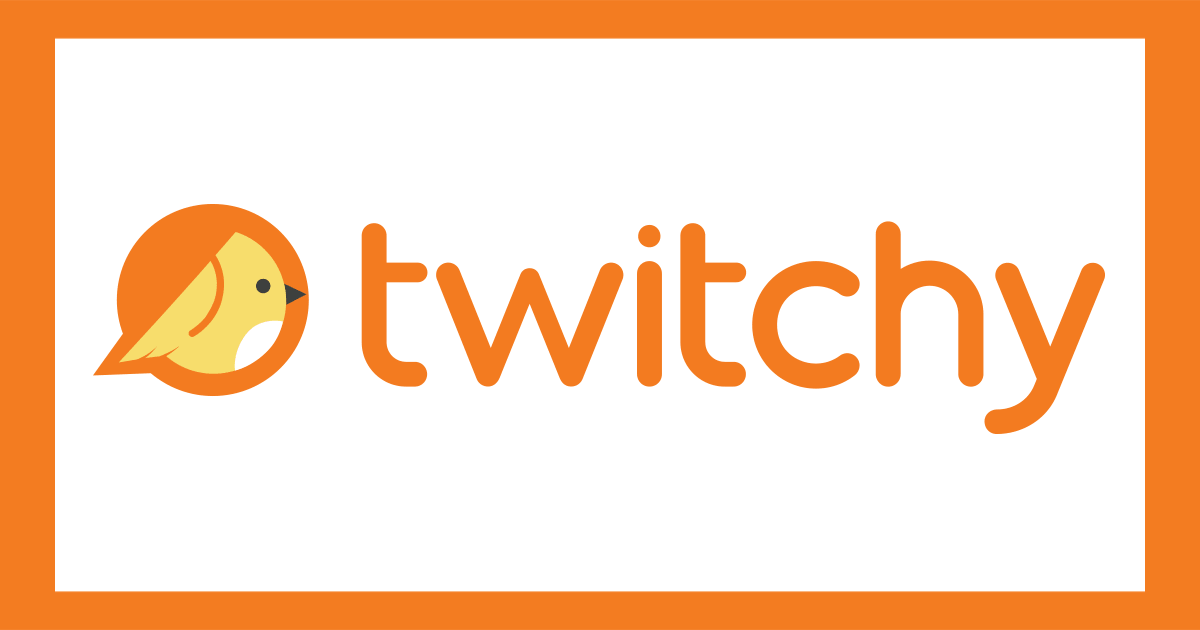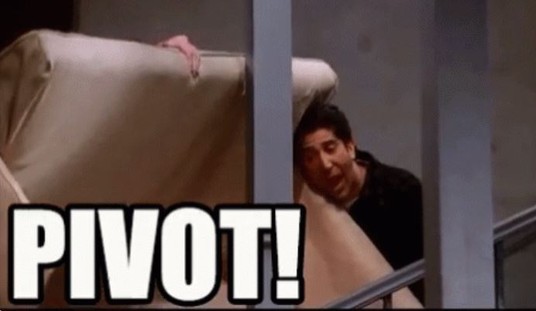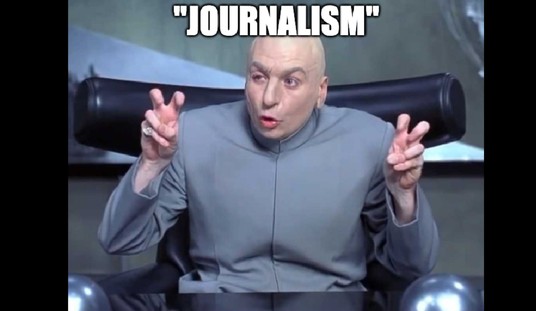The Disinformation Governance Board may be taking its rightful place on the Garbage Heap of Garbage Ideas, but that doesn’t mean that there aren’t still other powerful entities ready to take their place.
Where the federal government has failed (so far, anyway), Twitter hopes to succeed:
*TWITTER TO PLACE WARNING NOTICE ON TWEETS DEEMED MISINFORMATION
*TWITTER TO DISABLE LIKES, RETWEETS, SHARES ON MISINFO TWEETS
— zerohedge (@zerohedge) May 19, 2022
This is not a drill:
People turn to Twitter during crisis times to share news, find support, and stay connected. Today, we’re launching a crisis misinformation policy so Twitter doesn’t recommend or amplify viral, false content that can further harm already vulnerable groups.https://t.co/NyhoGo5RQU
— Twitter Safety (@TwitterSafety) May 19, 2022
And who gets to decide what constitutes misinformation? Don’t worry: Twitter’s sought the advice of professionals, aka “global experts and human rights organizations”:
We’ve been refining our approach to crisis misinformation, drawing on input from global experts and human rights organizations. As part of this new framework, we’ll start adding warning notices on high visibility misleading Tweets related to the war in Ukraine. pic.twitter.com/fr0NGleJXP
— Twitter Safety (@TwitterSafety) May 19, 2022
“Human rights organizations” like Human Rights Watch? Or maybe Amnesty International? Or how about the United Nations?
Teams at Twitter have worked to develop a crisis misinformation framework since last year, drawing on key input from global experts and human rights organizations. For the purposes of this policy, we define crises as situations in which there is a widespread threat to life, physical safety, health, or basic subsistence. This definition is consistent with the United Nations’ definition of a humanitarian crisis and other humanitarian assessments.
Recommended
Consistent with the U.N.’s definitions. Well, then. That’s comforting.
During moments of crisis, establishing whether something is true or false can be exceptionally challenging. To determine whether claims are misleading, we require verification from multiple credible, publicly available sources, including evidence from conflict monitoring groups, humanitarian organizations, open-source investigators, journalists, and more.
So don’t expect to see as many tweets about Hamas murdering innocent Israeli citizens, for example, as many of the “conflict monitoring groups, humanitarian organizations, open-source investigators, journalists, and more” tend to be Palestinian terrorist apologists and defenders.
Content moderation is more than just leaving up or taking down content, and we’ve expanded the range of actions we may take to ensure they’re proportionate to the severity of the potential harm. We’ve found that not amplifying or recommending certain content, adding context through labels, and in severe cases, disabling engagement with the Tweets, are effective ways to mitigate harm, while still preserving speech and records of critical global events.
Yeah, this sounds fool-proof and flawless. Nothing could possibly go wrong.
Twitter is going to start labeling misinformation on things that go against the official government position on topics such as war. It's a good thing that's never backfired before pic.twitter.com/VHRE8XaxAA
— Stephen L. Miller (@redsteeze) May 19, 2022
*Nina wipes her tears away, the sun hits her face. She breaks out into song. This is her 2nd chance.
— Stephen L. Miller (@redsteeze) May 19, 2022
Seriously, they might as well just put Nina Jankowicz in charge of enforcing this policy. Because clearly Twitter just doesn’t give a crap about optics at this point.
Sounds like Twitter wants to be the Ministry of Truth. 👀
It is irresponsible to have tech companies determine what information is true or not true. Rumble will refuse to participate in this irresponsible, anti-democratic, and anti-free speech movement. https://t.co/R0KLLldO5l
— Rumble (@rumblevideo) May 19, 2022
























Join the conversation as a VIP Member